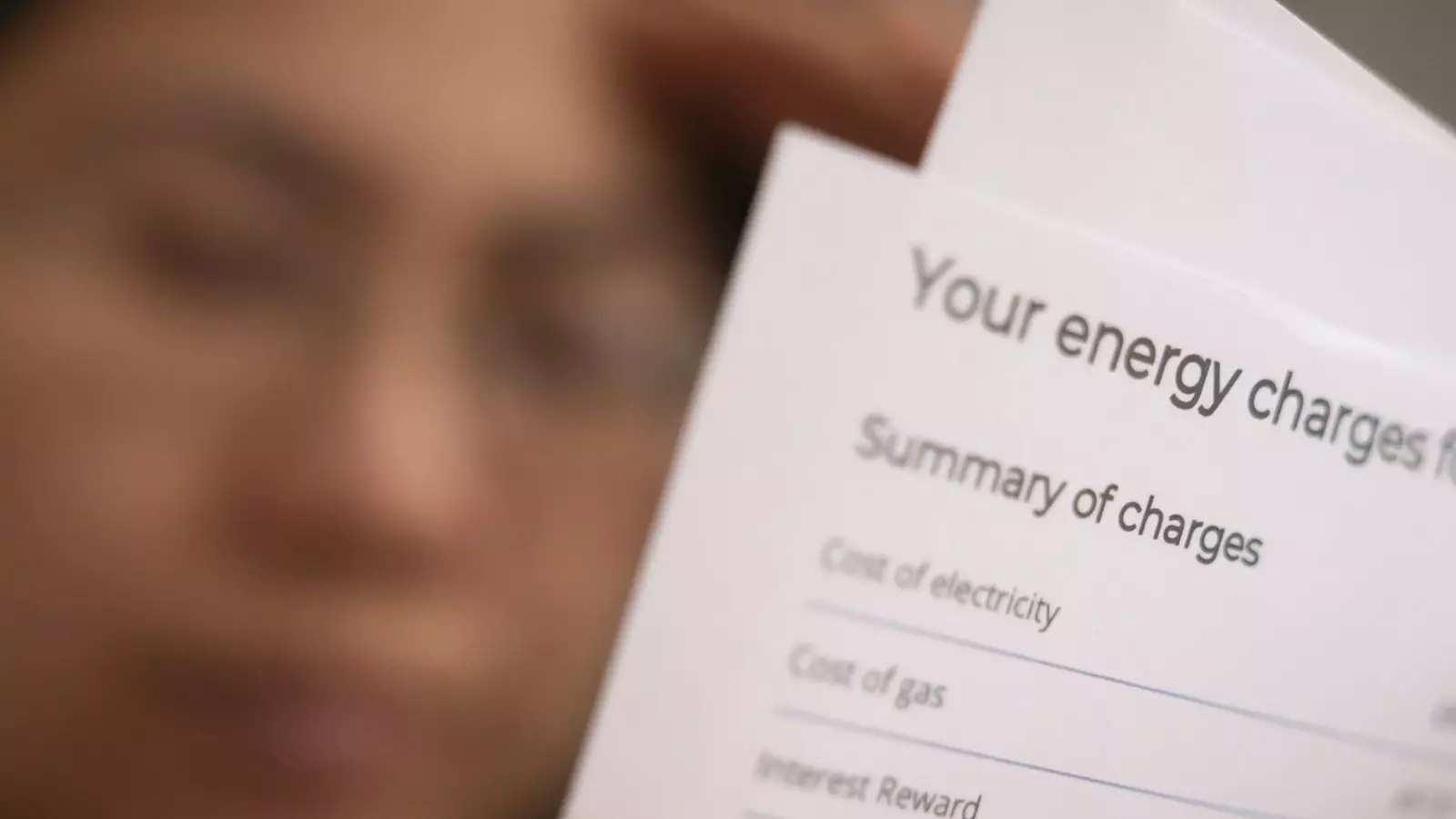The recent announcement by the industry regulator to reduce the energy price cap by £20 a month is a positive development for households struggling with high energy bills. However, the introduction of a temporary additional charge to support customers in debt raises concerns about the overall impact of these changes on consumers.
The 12% reduction in the energy price cap, effective from 1 April, reflects the lower wholesale prices of natural gas over the winter season. This reduction will bring the annual energy bill for a typical household paying by direct debit to £1,690, down from £1,928. While this reduction is a welcome relief for many consumers, the cap still remains significantly higher than pre-crisis levels, posing a challenge for households already struggling with the high cost of living.
The decision to introduce a temporary additional payment of £28 per year to help suppliers support customers with record levels of debt is a necessary step to address the £3.1bn in bill arrears. However, this charge will be added to the bills of customers paying by direct debit or standard credit, potentially putting additional strain on already tight budgets. The offsetting of an £11 allowance related to debt costs from the COVID pandemic may provide some relief, but the overall impact of this additional charge remains to be seen.
Ofgem’s wider action to close the gap between the charges of prepayment meter customers and other households is a positive move towards promoting more equitable pricing in the energy market. While prepayment meter customers are projected to save around £49 per year, direct debit customers will see an increase of £10 per year. These adjustments aim to ensure a fairer distribution of energy costs across different customer groups.
The current energy market trends, including the disruption of gas supplies from Russia and increased reliance on alternative sources such as LNG, suggest that a return to pre-crisis energy prices is unlikely. This poses a challenge for regulators and policymakers in ensuring a balance between protecting consumers from price spikes and promoting competition in the energy market. The impact of the price cap on the availability of fixed-term offers by suppliers is another key consideration, with concerns raised about the barrier it poses to consumer choice.
While the reduction in the energy price cap offers some relief to households facing high energy bills, the introduction of a temporary additional charge raises questions about the overall impact on consumers. Regulators and policymakers must carefully consider the implications of these changes on different customer groups and work towards a more sustainable and competitive energy market for the future.


Leave a Reply